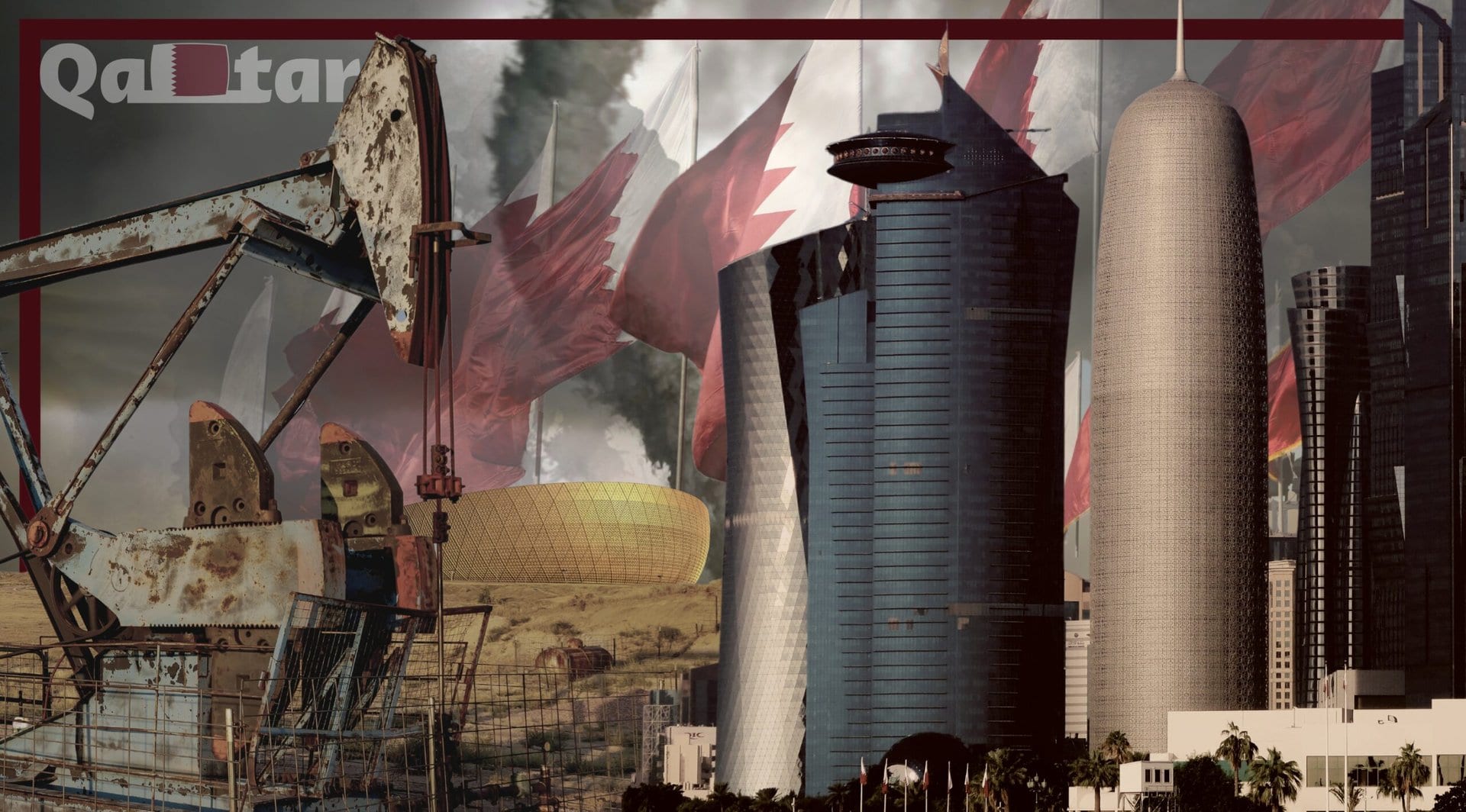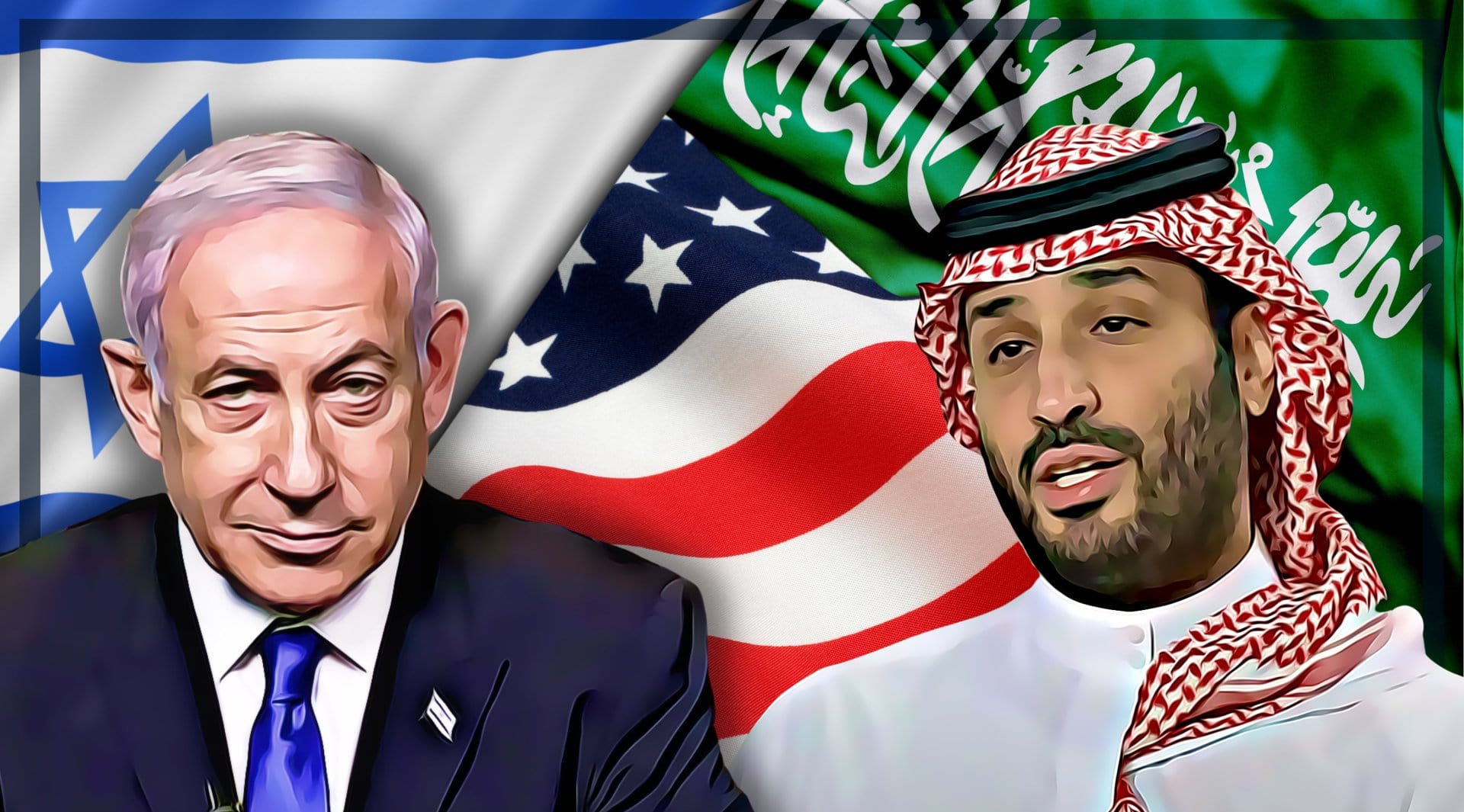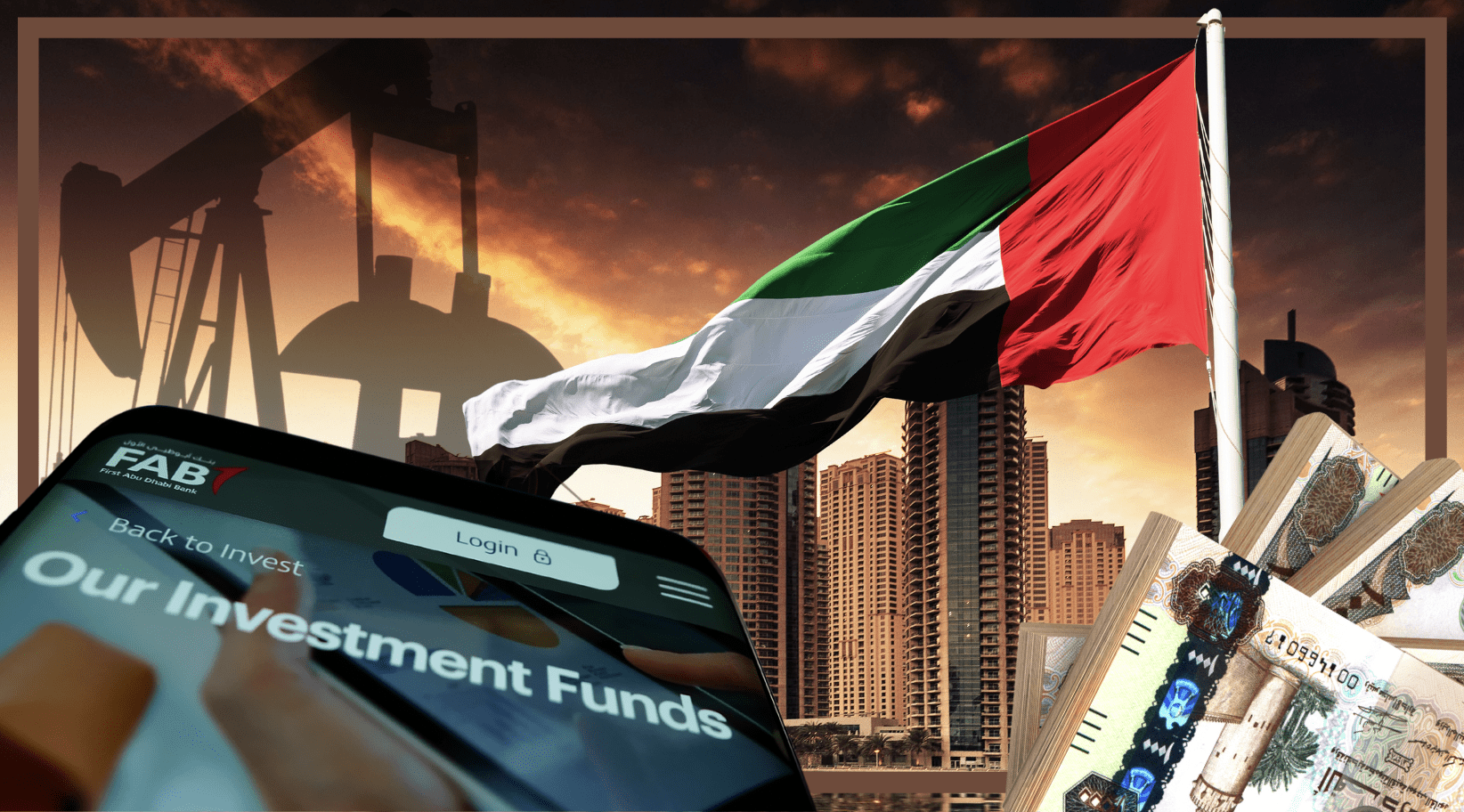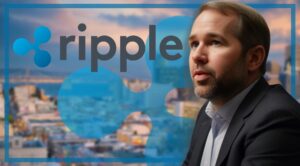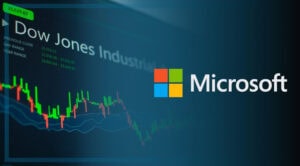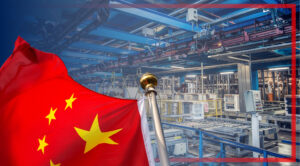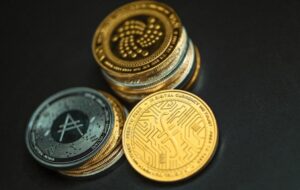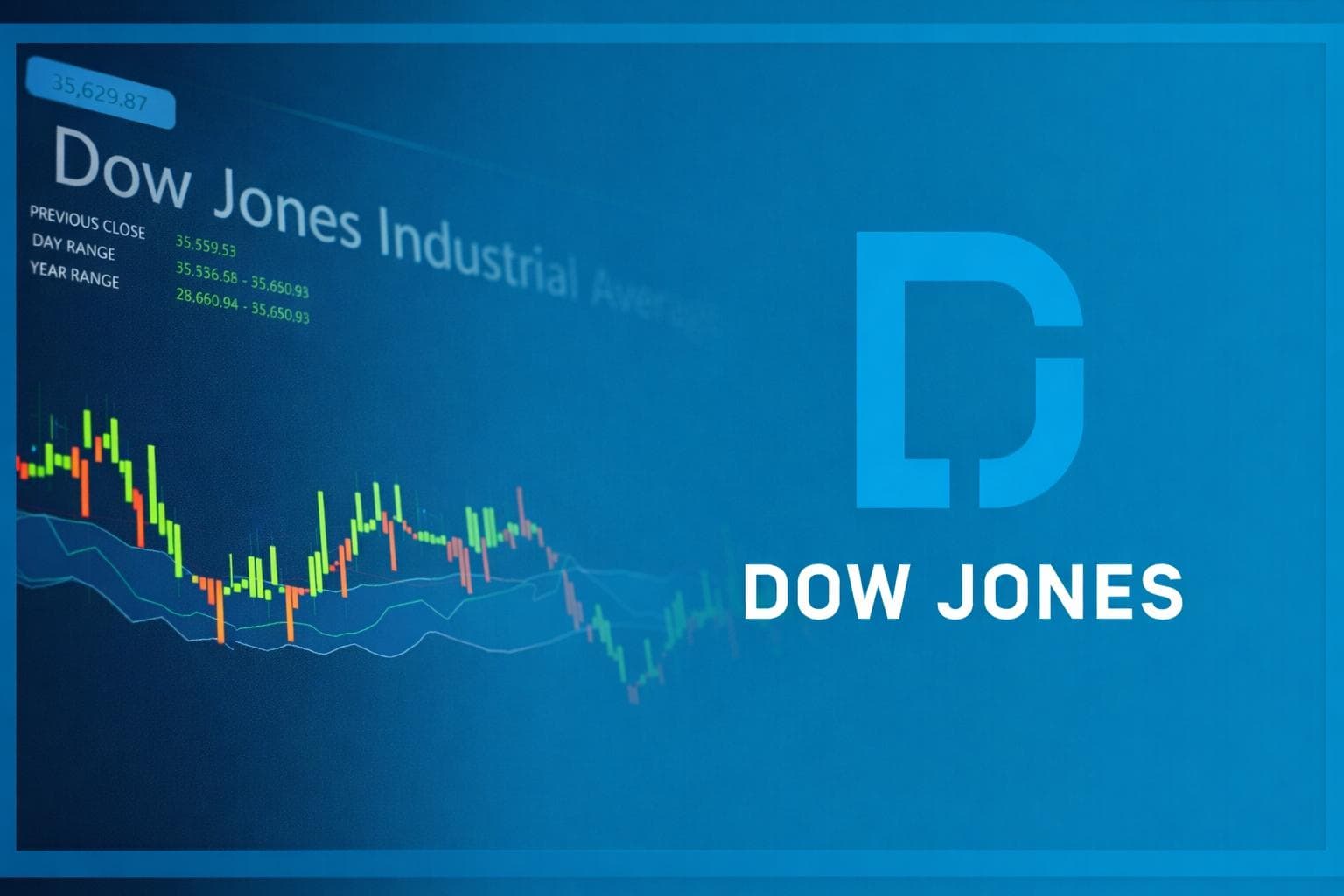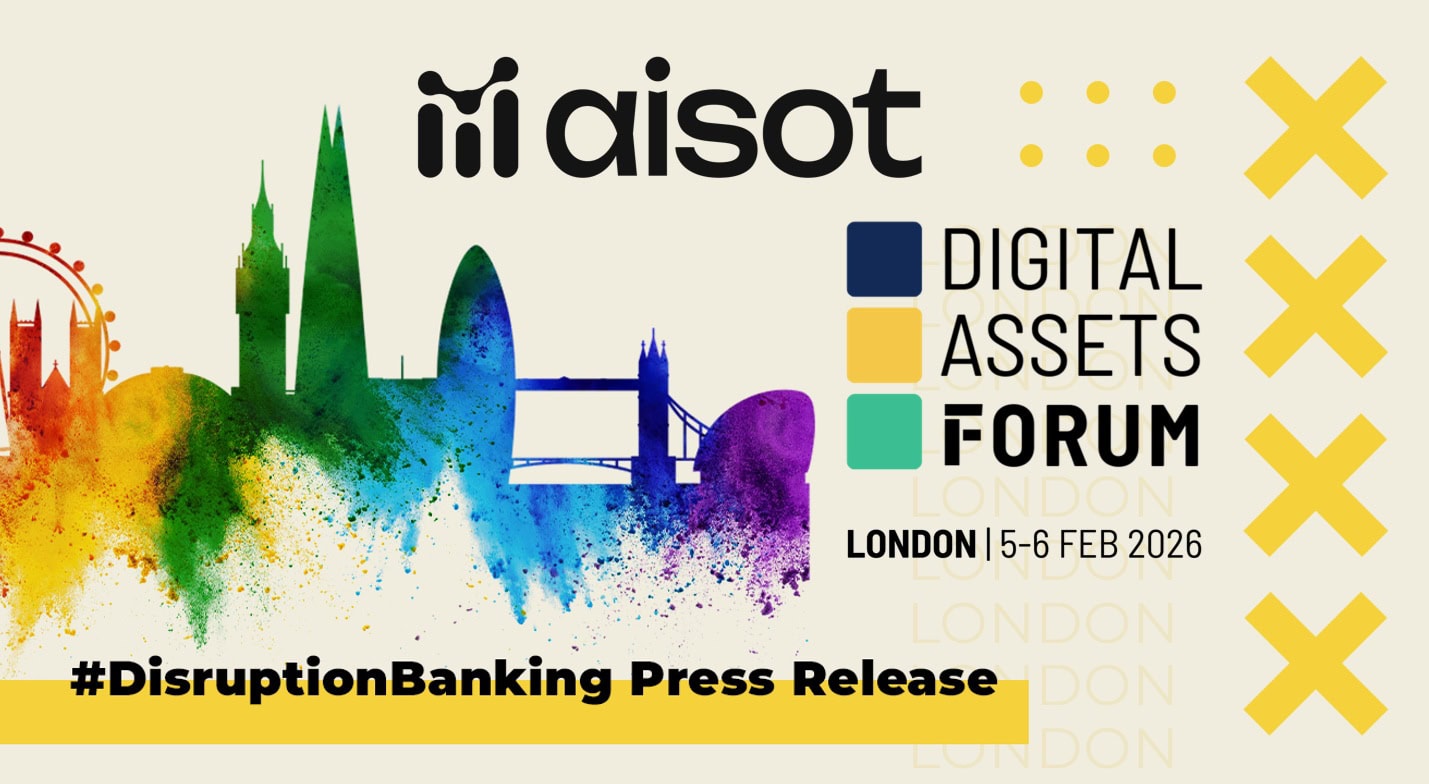In September 1971, the tiny desert state of Qatar declared independence from Great Britain. As the British Empire crumbled, few noticed the loss of this small and empty stretch of land. Even fewer cared. Qatar was nothing more than a remote outpost of the Arabian Peninsula, ruled by the Al-Thani family of the Tamimi tribe. The roughly 100,000 people that lived in Qatar were perhaps a rather isolationist people; dedicated Sunni Muslims, governed by a constitution that incorporated Sharia as its basic law, and surrounded by much bigger, and often hostile, powers such as Saudi Arabia and Iran. Oil exploration had begun, mainly in the Dukhan Field, but Qatar’s economy was meagre. The country’s annual GDP stood at about $400 million.
In the space of just fifty years, Qatar’s GDP has grown over 66,000%. Powered by massive oil and gas exports – the country is now the world’s biggest exporter of liquified natural gas, and a major oil power – Qatar has grown from a non-entity to a crucial political and economic player. The Gulf state is the richest nation in the Arab World, and the fourth richest globally. While some in the West deemed Qatar’s hosting of the World Cup to be controversial, a successful tournament announced Qatar as a major player on the world stage.
𝕷𝖊 𝕸𝖔𝖓𝖉𝖊 Editorial | World Cup 2022: In the end, Qatar won.
— Le Monde in English (@LeMonde_EN) December 19, 2022
The World Cup was a symbolic and diplomatic success for its host country. But this undeniable success in terms of PR must not mask all the darker sides of the project.https://t.co/U6jsM4Flf8
2022 was a whirlwind year for Qatar – not just because of the World Cup, but because of a confluence of global geopolitical and economic factors that unexpectedly sent Qatar’s finances, along with those of its neighbours in the Gulf, to newly stratospheric levels.
Akber Khan, the Senior Director of Asset Management at Al Rayan Investment in Doha, recalls that at the start of 2022, his outlook for the year was mixed. “We were telling our clients that we were very bullish on equities, but remained bearish on fixed income,” he said. “We thought 2022 was going to see very asymmetric returns.”
However, as the year began to develop, it started to appear that economic trends were moving firmly in Doha’s direction. For one, the country benefited hugely from the steep increase in oil prices that followed Russia’s invasion of Ukraine. The sanctioning of Russian oil, and the disruption to global supplies caused by the war, sent the price of Brent crude oil from around $78 at the start of January to over $115 by the middle of March – a rise of over 47%. Oil stayed at these elevated levels throughout the year, and peaked at over $120 a barrel, an astonishing rise from the lows of the pandemic when crude oil briefly traded below zero.
This was partly because members of OPEC, the organisation of oil-exporting countries of which Qatar is a former member, maintained restrictions on supply despite pressure from the United States to produce more oil.
Saudi Arabia sharply rejects U.S. criticism of oil production cut https://t.co/N7CBY59Ef4
— The Washington Post (@washingtonpost) October 13, 2022
“From our perspective, if oil is at $75 or more, that’s plenty for the region,” Akber told Disruption Banking. “Everything else is icing on the cake. And last year, we had the icing on the icing on the cake.”
The disruption on oil markets had wider benefits for Qatar too, beyond substantially increasing the size of government revenues. Between January and April, the Qatar Stock Exchange went up almost 20% at roughly the same time as the NASDAQ shed 20%. As well as Qatar, other stock markets in the Gulf – including in Saudi Arabia, Abu Dhabi, and Kuwait – were some of the best performers in the world. In the case of Qatar, this was not only because of the rise in oil revenues, but the strong appreciation of other commodities such as fertilisers, aluminium, and petrochemicals.
At the same time, Qatar was largely immune from many of the macroeconomic conditions that afflicted much of the world. The Qatari Riyal (QAR) is pegged to the dollar; a peg that was easy to maintain during a period of substantial dollar appreciation given the billions of dollars in gas revenues flooding into the country. Inflation started the year at 4% and peaked at just over 6% in September – a relatively modest increase compared to other major markets – but the government used its excess revenues to subsidise the local population and therefore keep domestic inflation low.
“With so much additional money coming into their coffers, the government was able to enhance subsidies across a range of areas to ease the impact on the local population,” Akber said. “So, in Qatar, as an example, the price of petrol at the pump today is broadly the same as it was eighteen months ago, clearly a very different experience to most other parts of the world.”
Another bonus for Qatar is that world markets are placing more importance on natural gas. As countries set increasingly ambitious climate targets, many see the commodity as the cleanest of the fossil fuels and therefore a natural “bridge” to a greener future. This, coupled with the fact that Russian natural gas is now sanctioned by many countries, means more value is being placed on Qatar’s supplies. The price of Qatari natural gas more than doubled between January and August, before easing slightly towards the end of the year. Hosting an international event of the magnitude of the World Cup gave the government an ideal opportunity to sign several commercial deals for the export of natural gas, such as with Germany.
Qatar will supply Germany with 2mn tonnes of liquified natural gas per year in an energy deal that marks a big step forward in Germany’s efforts to wean itself off Russian gas https://t.co/74hN8CNGO3
— Financial Times (@FinancialTimes) November 29, 2022
2023 is unlikely to be as eventful for Qatar as 2022. According to Akber, last year saw “a perfect storm” of events that inevitably makes it “very hard to beat.” However, the fundamentals underpinning the Qatari economy will remain strong for the foreseeable future. The country is running a huge current account surplus. Its trade balance is similarly strong. Qatar’s sovereign wealth fund reportedly has half a trillion dollars to invest. While they will need to invest carefully, given tricky macro conditions, all the signs suggest that Qatar and the Gulf could in fact emerge stronger from a period of global economic turbulence.
In 2002, South Korea hosted the World Cup and announced itself as a major player in global political and economic affairs. Will 2022 also be remembered as the year that the tiny Gulf state of Qatar burst onto the international scene and fully revealed itself as one of the world’s most important markets for oil, gas, commodities, financial markets, and more?
Author: Harry Clynch
#Qatar #WorldCup #Gulf #MiddleEast #CrudeOil #OPEC #QSE #NaturalGas





